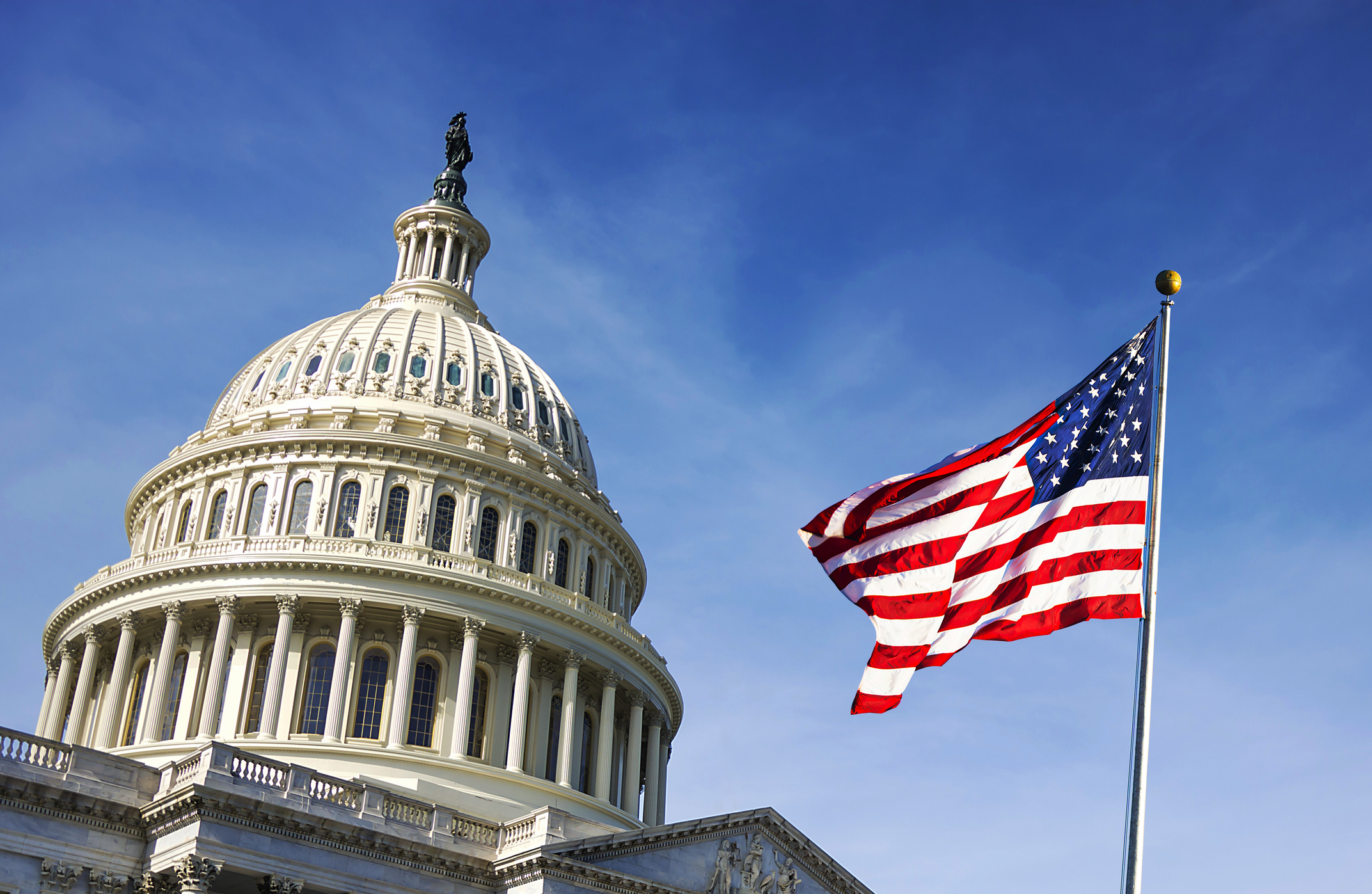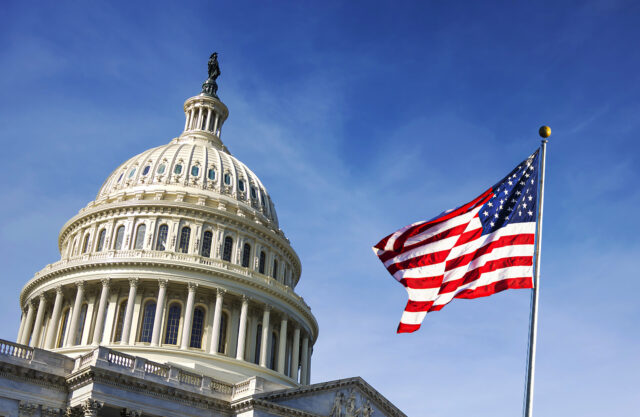Ensuring Compliance and Integrity in Federally Regulated Industries
Operating under federal oversight means adhering to stringent regulations designed to protect consumers, ensure fair competition, and safeguard public interests. Federal Government bonds provide a financial guarantee that businesses and service providers will comply with federal laws, fulfill contractual obligations, and maintain ethical standards. Without these bonds, regulatory bodies and consumers face heightened risk, while legitimate businesses struggle to differentiate themselves from less reputable competitors.
Why Do You Need Federal Government Bonds?
Federal government bonds offer critical assurance to U.S. agencies overseeing commerce, transportation, healthcare, and other sectors. Securing the appropriate bond demonstrates:
- Compliance with Federal Regulations: A bond assures federal authorities that you’ll operate within the legal framework established for your industry, reducing the risk of violations or misconduct.
- Protection for the Public and Government: If a business fails to meet its obligations, the bond provides financial recourse. This protects consumers, patients, shippers, or taxpayers from fraudulent or irresponsible practices.
- Enhanced Credibility and Market Access: Meeting federal bonding requirements signals that your company possesses the financial stability and integrity to participate confidently in regulated markets. Over time, it helps build a solid reputation and can open doors to new opportunities.
Key Features of Federal Government Bonds
Three-Party Agreements:
Like other surety bonds, federal government bonds involve three entities:
- The Obligee (federal agency requiring the bond),
- The Principal (your business, which must obtain the bond),
- The Surety (the bond provider guaranteeing compliance).
Legally Mandated Requirements:
Federal bonds are often non-negotiable prerequisites for licensure or operation in certain industries. By meeting these requirements, businesses avoid penalties, fines, or being barred from participating in critical federal programs.
Industry-Specific Focus:
Each federal government bond type corresponds to a specific segment of the industry—maritime shipping, interstate commerce, healthcare services, or alcohol distribution—ensuring targeted accountability and compliance measures.
Benefits of Federal Government Bonds
Reassurance for Consumers and Partners:
A federal government bond offers peace of mind to your customers, suppliers, and industry partners who rely on your adherence to federal standards. They know you’ve passed an underwriting process affirming your reliability and financial capacity.
Legal and Regulatory Compliance:
By securing the correct bond, you stay on the right side of federal law, avoid costly legal entanglements, and maintain uninterrupted access to federal markets, programs, and revenue streams.
Long-Term Professional Advantages:
Consistently meeting federal bonding requirements sets your business apart, fostering trust and encouraging government agencies and other regulated entities to see you as a reliable, long-term partner.
Who Needs Federal Government Bonds?
Businesses Operating Under Federal Oversight:
Any enterprise subject to federal regulations—from maritime commerce to healthcare providers billing Medicare—may need a federal government bond. Securing the correct bond is often mandatory for obtaining or maintaining federal authorization or licensing.
Companies Seeking Growth in Regulated Markets:
Expanding into new federal programs or service areas can hinge on the ability to secure and maintain the proper bond. Compliance provides a competitive advantage and ensures more stable, sustainable growth.
Types of Federal Government Bonds
FMC-48 NVOCC Bond
Non-Vessel-Operating Common Carriers (NVOCCs) engaged in maritime shipping must comply with the Federal Maritime Commission’s (FMC) regulations. An FMC-48 NVOCC Bond guarantees that the NVOCC follows all applicable laws, protects cargo owners and shippers from financial harm due to violations, and ensures that tariffs, service contracts, and billing practices meet FMC standards.
ICC Broker Bond
Interstate freight brokers and forwarders require a bond mandated by the Federal Motor Carrier Safety Administration (FMCSA). An ICC Broker Bond (often $75,000) ensures compliance with federal transportation rules, protects carriers and shippers from unpaid invoices or unethical practices, and helps maintain integrity and efficiency in interstate commerce.
Medicare DMEPOS Bond
Healthcare providers supplying Durable Medical Equipment, Prosthetics, Orthotics, and Supplies (DMEPOS) to Medicare beneficiaries must have a Medicare DMEPOS Bond. This bond ensures compliance with Medicare regulations, protects the government from fraudulent billing, and assures patients that providers meet high standards of honesty and quality care.
Federal Alcohol Bond
Distilleries, breweries, wineries, and other businesses involved in producing, distributing, or selling alcohol at the federal level must comply with federal excise tax laws. A Federal Alcohol Bond guarantees that these businesses pay required taxes, adhere to licensing rules, and operate ethically. This bond safeguards government revenue and protects public health and safety by discouraging illicit activities.
Additional Coverages and Endorsements to Consider
Commercial General Liability Insurance:
While federal government bonds ensure compliance and ethical conduct, general liability coverage protects against claims related to property damage, bodily injury, or negligence that bonds alone won’t address.
Professional Liability (Errors & Omissions) Insurance:
In certain regulated sectors, especially healthcare, professional liability coverage may be critical. It complements federal government bonds by safeguarding against claims of malpractice, mistakes, or inadequate professional guidance.
Commercial Property or Commercial Auto Insurance:
For businesses handling goods, whether through maritime shipping or interstate trucking, insuring vehicles, equipment, and facilities helps maintain operational stability and protect against unforeseen losses.
Frequently Asked Questions
Q: Are federal government bonds required for all businesses dealing with federal programs?
Not all businesses need them, but those in specific industries—such as transportation, maritime commerce, healthcare services billing Medicare, or alcohol production—must secure these bonds to meet federal mandates.
Q: How is the bond amount determined?
Regulatory agencies set minimum bond amounts or standard requirements. The surety evaluates the principal’s financial health, history, and capacity to determine rates and conditions.
Q: Does a federal government bond guarantee my compliance?
No. While the bond provides financial incentive to follow regulations, compliance ultimately depends on the business’s commitment. Violations can lead to bond claims, legal issues, and potential loss of licensure or operational authority.
Q: Can I operate without a required federal bond?
Operating without a mandated bond can lead to fines, penalties, or license revocation. It also undermines trust and may deter partners, suppliers, and clients who expect adherence to federal standards.
Q: Does securing a federal government bond improve my reputation?
Yes. Meeting federal bonding requirements demonstrates financial integrity, regulatory compliance, and willingness to protect consumers and government interests—all of which enhance your standing in the marketplace.
For personalized guidance on selecting the right federal government bond for your operations, contact our experienced team. We’ll help you navigate regulatory requirements, protect your interests, and build confidence in complex, closely monitored markets.
Navigate Complex Regulations and Markets with Federal Government Bonds
Federal government bonds play a pivotal role in ensuring that businesses subject to U.S. regulatory oversight act responsibly and transparently. By guaranteeing compliance, safeguarding against misconduct, and reassuring clients and stakeholders, these bonds support stable growth, competitive positioning, and long-term success in regulated industries.


